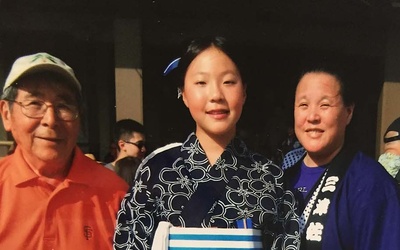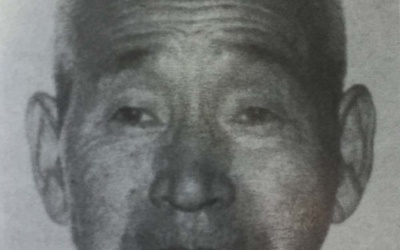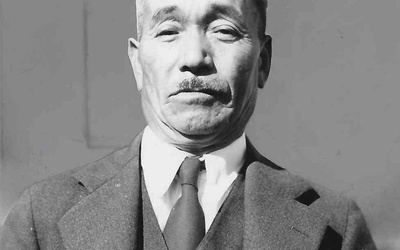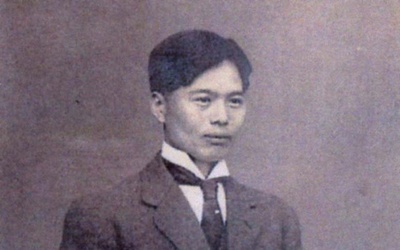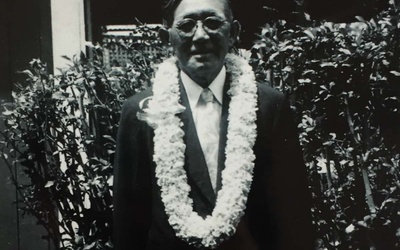
Marissa Shoji
@MarissaMarissa Shoji is a Girl Scout from south San Jose, who is part of the San Jose Buddhist Church Betsuin Girl Scouts. She wrote a series of stories on Japanese immigrants detained on Angel Island during World War II as part of her Gold Award project, the highest award a Girl Scout can earn. Working in conjunction with Angel Island Immigration Station Foundation, her final plan is to create an exhibit dedicated to the Japanese experience on Angel Island during World War Two. She is very interested in spreading knowledge on the Japanese internment to those of the newer generations, so that their pain will never be forgotten, and instead will be built upon to create a better future.
Updated March 2020
Stories from This Author
Japanese Incarceration: Making a Difference One Person at a Time
Aug. 12, 2020 • Marissa Shoji
My name is Marissa, and I'm a Girl Scout from South San Jose, California. I love the smell of coffee, a good book, the sea at sunset, a couple of cats, and most of all, keeping history alive. I am currently working on my Gold Award, which is the highest award a Girl Scout can earn. It requires over 80 hours of work and leadership on a project that helps the community and has sustainability. I am a fourth generation …
Father of Seven Taken from His Family
June 5, 2020 • Marissa Shoji
Hisajiro Inouye was born in Gotsu, Shimane, Japan, on January 8, 1897, to parents Kennosuke and Yome Inouye. He was married to Takeyo Inouye at 18 years of age, and the next year he and his family moved to America. They arrived in 1916, and settled in San Jose, along Gish Road, becoming tenant farmers. The family settled on land owned by John Della Maggiore, an Italian immigrant from Firenza (Florence), Italy, who helped him farm along with several other …
Hikoshichi Higuchi's Wartime Odyssey
May 12, 2020 • Marissa Shoji
Hikoshichi Higuchi was born on December 13, 1880, in Fukuoka Prefecture, Japan. He immigrated to Hawaii on July 1, 1904, just before the Russo-Japanese War would commence, soon followed by his brother, Harunosuke, who lived in Santa Clara. After briefly staying in Hawaii, he eventually traveled to Monterey, California. There, he worked as a fisherman and gardener. Soon, he married Haruyo Ichigi, an Elementary School teacher. Together, they had four children: Yoshi, born in 1914, Sachi, born in 1916, George, …
Wakijiro Yuki's Detention Because of Kendo
April 21, 2020 • Marissa Shoji
Wakijiro Yahiro was born on April 8, 1885, in Kamisaigo-mura, a little fishing and farming village in Fukuoka prefecture, on the northern coast of Kyushu, Japan. He had three brothers and two sisters, who were all farmers. After he finished school, he began working on a small civilian fishing boat, which frequented the waters by their home. One day there was an accident, and the ship sank, making him the only survivor. He was eventually rescued by the Juteopolis, a …
Making Do: Sukeichi Kameoka in Detention and His Family at Home
March 24, 2020 • Marissa Shoji
Sukeichi Kameoka was born on April 24, 1888, in Kojiro-mura, Kuga-gun, Yamaguchi-ken, Japan. He had three brothers. In the early 1900s, the 1905 Russo-Japanese War was looming overhead, and in Japan, conscription was mandatory for men of a certain age. Sukeichi left Japan to escape the draft (Interview with Kazuko Tengan, 11/23/19). He was also the second son in his family, so all of their possessions would be left to his older brother, and he would get nothing. So he …

